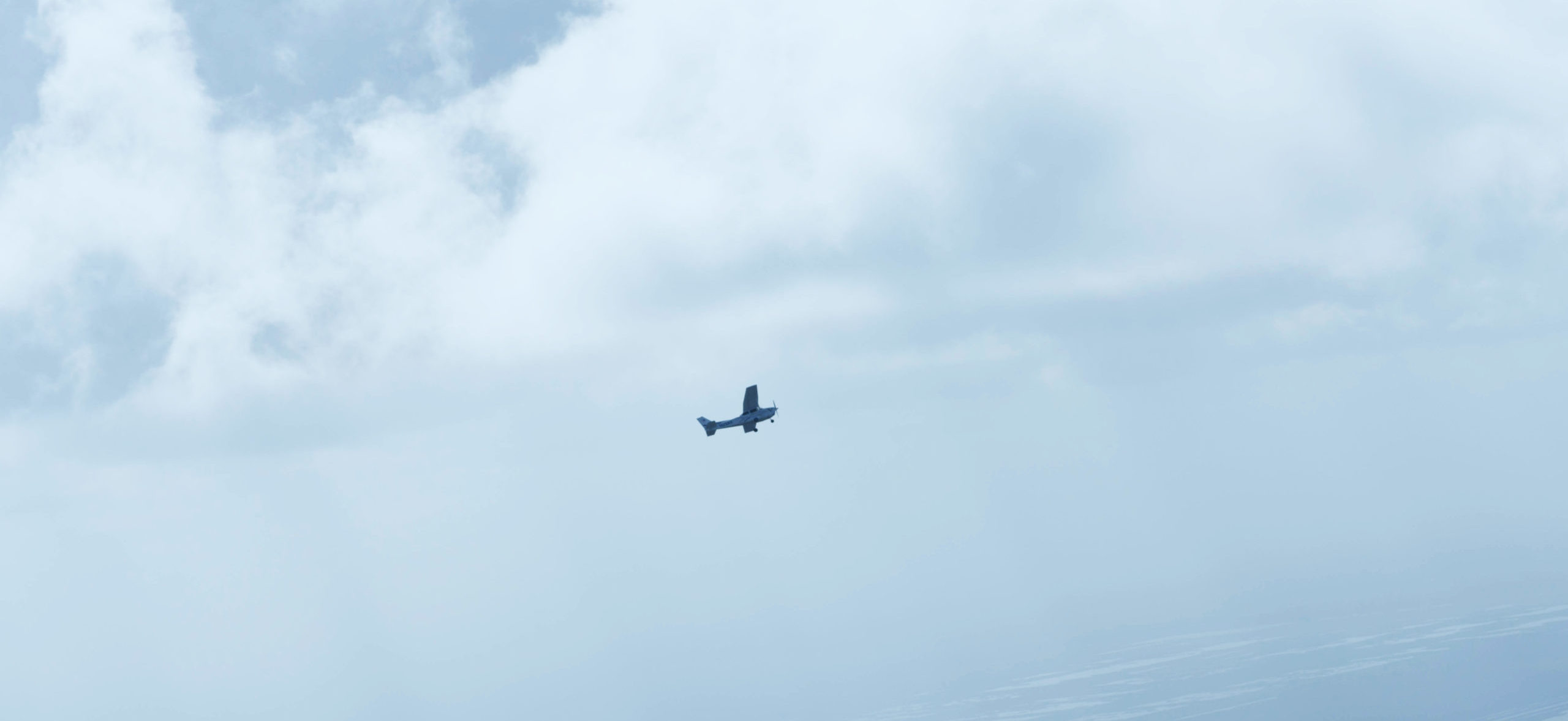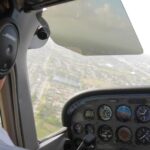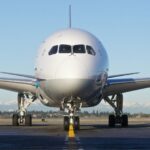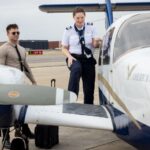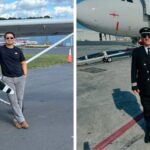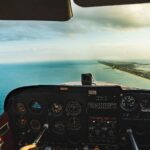BY STEVEN DAUN, NATIONAL CHIEF PILOT
Webster’s Dictionary defines confidence as: “belief in oneself and one’s powers or abilities; self-confidence; self-reliance; assurance.” If you ask any pilot if they are confident, the vast majority would say yes. Each year, we see many pilots with experience ranging from a day-one Private Pilot student to a 25,000 Airline Captain. Over the past 30+ years in dealing with this range of students, it has become apparent to me that “confidence” is a relative term. Many pilots share similar personality traits, which include ego and pride, in addition to confidence. One can assume that the ego and pride are a result of being a pilot. One can also argue that some of the confidence displayed may be misguided as a result of those two traits.
A pilot can be confident in their airplane, their abilities, their knowledge, and yes, even their brevity. So, what happens when one or more of these areas is not as strong as their confidence? The results play out in a multitude of ways. When asked to demonstrate a task or variety of tasks, some pilots become defensive while others find excuses or rationalize their performance. After digging, we usually find that these responses are a result of a lack of knowledge or a weak understanding of the “why,” or both.
It is essential to understand that we are not criticizing someone for being confident. What we are saying is that it is OK to be confident, as long as you have the knowledge to back up your confidence. And, it is essential to understand the limitations of your knowledge and abilities. For many people, this takes practice and much work. After all, nobody likes to admit that they don’t know or understand something.
In flight training, we see this play out in many different ways. One student may be afraid of flying cross-countries, another may be afraid of maneuvers, while another is afraid of stalls. I’m sure you can add many other scenarios. When we discuss being “afraid,” we can usually quantify this as a fear of the unknown. We say this because when a pilot does not understand the aircraft systems or the mechanics of a maneuver, they are not sure what is happening to the airplane. When you are not sure about what is happening to the airplane, you can become apprehensive and fearful.
One way around this, and perhaps the most effective way, is to speak about this openly with your instructor. Force yourself to learn something new or to learn more about a subject. When it comes to systems, a lack of knowledge or understanding can mean the difference between you fixing an issue or making it worse. It can mean the difference between knowing whether to ask for priority when landing, declaring an emergency, or making a normal landing without asking for either.
EXAMPLE 1
A pilot is flying on a night cross-country. They are 15 minutes from landing and they notice a discharge on the ammeter. If the pilot understands the system, he will understand that since he does not yet have an annunciator light, the voltage is at or above a certain number. He runs the checklist and either fixes the problem or not. If not, he understands that he still has 30 minutes of battery time remaining. He sheds any excess load and continues to his destination for an uneventful landing. The pilot who does not understand the system may not notice the discharge and will only become aware of an issue once the annunciator light illuminates. This could cause panic or fear in the pilot, which could result in him declaring an emergency or landing, or worse, becoming distracted and forgetting to complete a critical task.
EXAMPLE 2
A pilot is flying her aircraft, which is equipped with a ballistic aircraft parachute system. Her family is on board. They are 100 nm away from the nearest airport. The engine begins to run rough. If the pilot understands the systems on her aircraft, she will start to troubleshoot. Some of these steps might include checking the engine gauges, adjusting the mixture, activating the fuel pump. She may also elect to isolate the mags, which, in this example, fixes the problem. She understands that if there is an issue with a mag, isolating a mag in-flight may prevent the problem from becoming worse. She continues the flight safely to the nearest airport. The pilot that does not understand the systems may not feel comfortable isolating the mags in-flight. The chances are that she believes that she shouldn’t touch the ignition switch once the engine is running. When the RPM drops, even more, she elects to pull her aircraft parachute. This pilot just made the situation and outcome much worse.
Both of the examples above are based on actual events for all four pilots.
We find that most pilots are satisfied in learning just what they need to know to pass a checkride. Some go on to earn their flight instructor certificates, which means they learn a little more about the “why.” No matter what you fly, you owe it to yourself and your passengers to understand everything about your aircraft, its equipment, and the factors affecting your flight. Visit a mechanic in a shop and ask him to teach you the systems. Study weather so that you can determine trends and outcomes. Study aerodynamics so you understand what is happening to your airplane at any given time during a flight. Study procedures and maneuvers so they become second nature. Yes, you can build up muscle memory in aviation.
Another option to help you build your confidence is to visit your flight school. No matter what you do, do something. It will not only make you a better pilot, but a competent pilot who is now confident in your abilities because of what you know.




